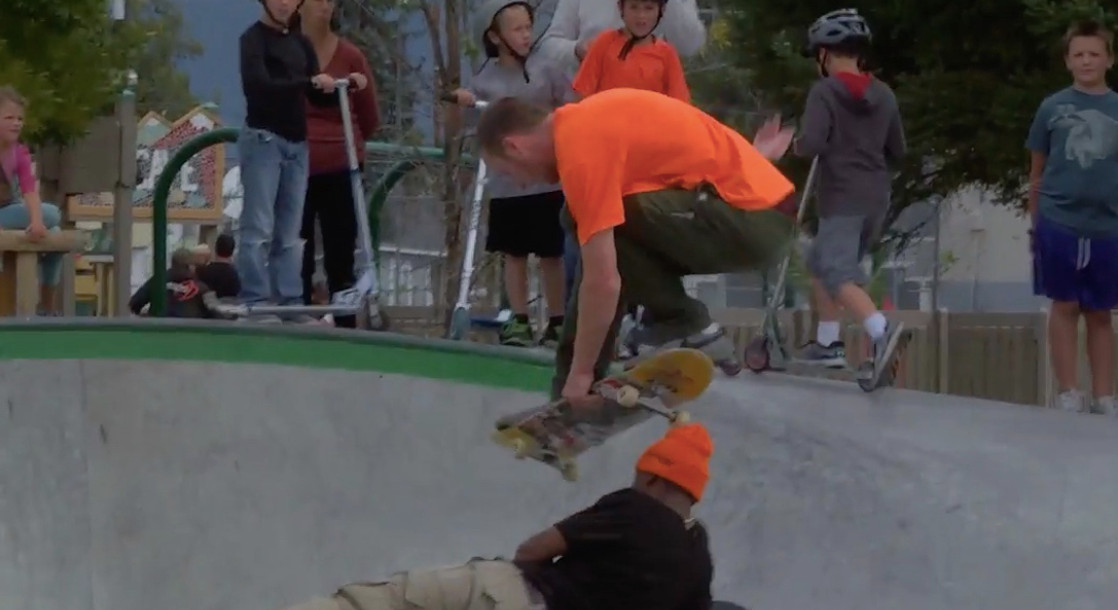The first US state to legally sell adult-use cannabis has moved more than $13 billion worth of product since sales began in January 2014.
According to a new report, Colorado collected $2.2 billion in taxes from a total of $13.418 billion in weed sales. The report comes just as the state approaches the 10-year anniversary of legalizing recreational cannabis with the passage of Amendment 64.
“I think it’s just been an unqualified success,” Brian Vicente, an attorney and one of the co-directors of the Amendment 64 campaign, told 9 News.
“I feel like the Colorado model should be exported to other states and other countries and the world would be better off,” he continued.
Politicians who initially opposed Amendment 64 included former state governor John Hickenlooper and current Denver mayor Michael Hancock. Both are Democrats, and both have since shifted their positions in favor of legal weed.
“I was wrong 10 years ago,” Hancock told a local NBC affiliate. “You can do this right, and you can do it responsibly.”
“It really was a question of a societal wave,” Hickenlooper also said to the NBC affiliate. “If you’re going to be in the forefront of something like that, you better be pretty darn sure. I feel pretty darn sure now that this is such a better, in terms of almost every measure, than what I grew up in, and it’s going to have huge impacts.”
But not everyone agrees that legalization in Colorado has been an “unqualified success” at every level. Cannabis marketer and former Denver Post cannabis editor Ricardo Baca noted that Amendment 64’s heavy regulations make it difficult to run a profitable business, despite cannabis’s popularity. The regulations restrict how and where cannabis businesses may advertise, along with imposing specific and seemingly arbitrary building codes, multiple fees for licenses, and a tiered tax system from seed to sale.
“I’d say the biggest area that we need an immediate change in Colorado is the peeling away of these overly restrictive regulations,” Baca said to KOAA. He also said cannabis sales have significantly declined in the state over the past year.
The sales decline has been attributed to Colorado ending stay-at-home orders in 2021, as well as new states recently legalizing cannabis.
Tomorrow, on election day, five states will vote to either legalize or expand cannabis legalization in some form. As for legalizing at the federal level, that issue likely won’t be pushed until sometime after this year’s midterm elections, and may not be taken seriously by either Democrats and Republicans until after the 2024 presidential election.











